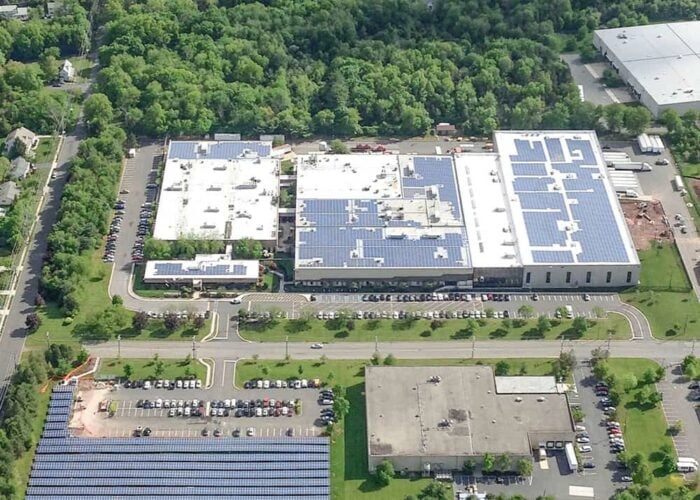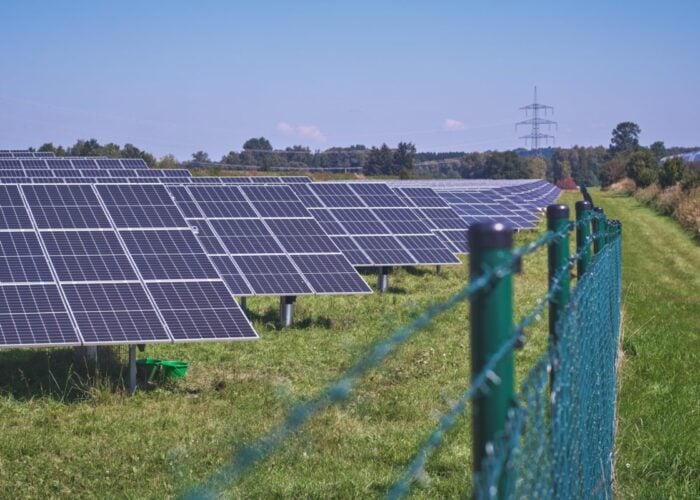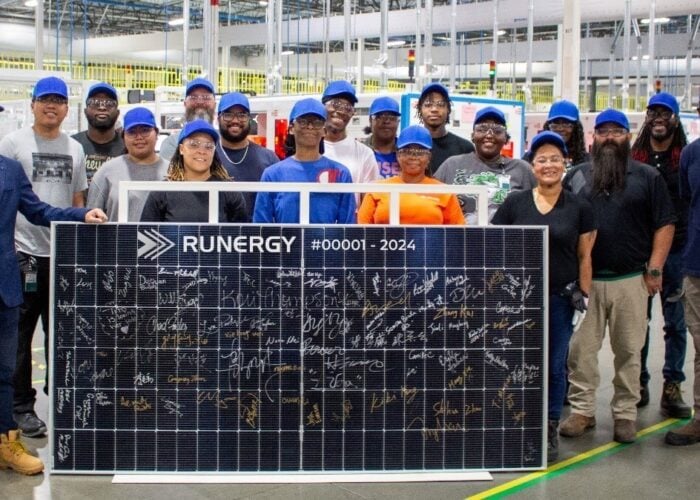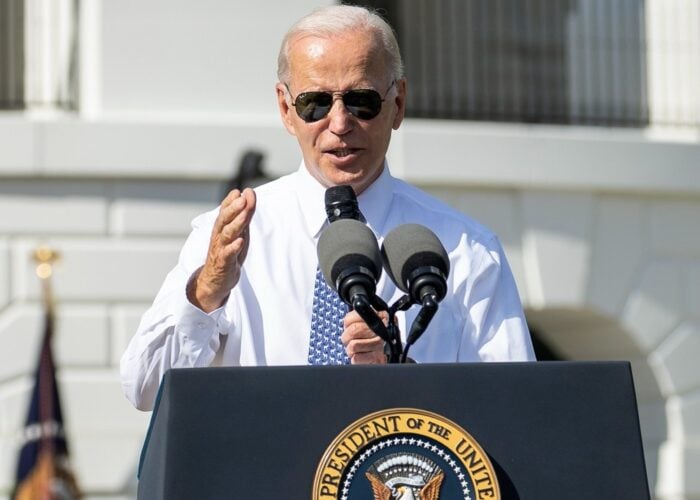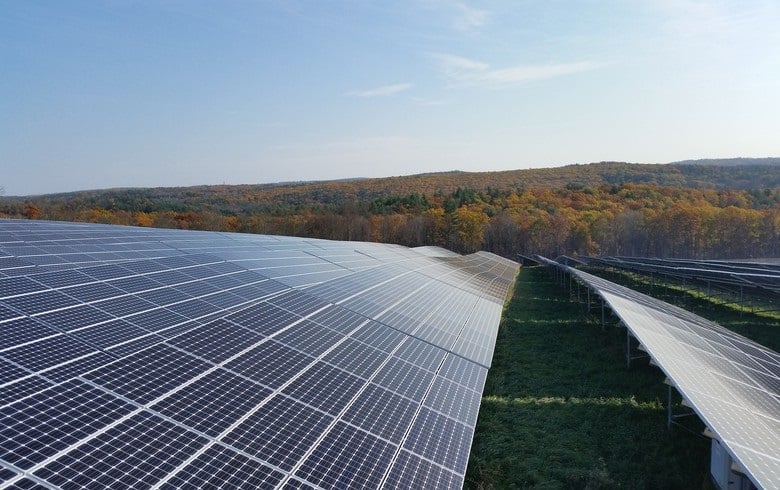
The US Solar Energy Industries Association (SEIA) has unveiled a new tool to make it easier for solar developers to trace where their modules and technologies are made and ensure an ethical supply chain.
Called the Solar Supply Chain Traceability Protocol, it is a 41-page document that lists a set of guidelines to show solar companies how to meet compliance obligations and reassure their customers that the products they use were made without unethical labour practices.
Unlock unlimited access for 12 whole months of distinctive global analysis
Photovoltaics International is now included.
- Regular insight and analysis of the industry’s biggest developments
- In-depth interviews with the industry’s leading figures
- Unlimited digital access to the PV Tech Power journal catalogue
- Unlimited digital access to the Photovoltaics International journal catalogue
- Access to more than 1,000 technical papers
- Discounts on Solar Media’s portfolio of events, in-person and virtual
Or continue reading this article for free
At the same time, SEIA has also updated its Solar Commitment document, which defines common labour, health and safety, environmental, and ethical standards and expectations for solar companies, to include guidance on safety in the workplace and ethical labour practices.
The trade body said in a statement that the protocol will be regularly reviewed and updated to “improve its usability and effectiveness”.
“Transparency of supply chains is paramount”, the protocol says. “Equipment purchasers, electricity end-users, and other stakeholders demand transparency for reasons ranging from sustainability to corporate social responsibility to import compliance.”
The protocol is divided into three sections: Principles of Transparency; Integration of Transparency into Management Systems; and Integration of Transparency into Operational Processes, and uses a case study to demonstrate how the guidelines in the document should be applied to both management systems and operations. For example, the protocol says that a solar company in the US should be able and willing to provide detailed information to relevant stakeholders about their relationships with suppliers, including the supplier’s legal name, length of time in business, details of transactions and customs entry documents.
It also suggests several other methods companies can use to control the supply chain, such as organising independent audits on suppliers and creating their own corporate codes of conduct.
The launch comes after several reports have emerged since the start of the year that linkin global polysilicon suppliers with forced labour and resettlement programs in China’s Xingjiang region. Analysis group Wood Mackenzie estimates that China accounts for around 75% of the world’s polysilicon capacity.
The US government has banned some products made in Xingjiang over accusations of forced labour of the Uighur Muslim community, and US solar developers and trade bodies have also moved to distance themselves from the crisis. Dozens of solar manufacturers, utilities and developers including SunPower, ENGIE North America, Lightsource BP, Tesla and LONGi signed an open letter alongside SEIA in February to ensure the industry’s supply chain is “free of forced labour” and first indicated a plan to draw up a protocol for greater transparency.
The protocol, listed on the SEIA website, noted that the US government has listed forced labour as an “area of concern for the solar supply chain”, while solar customers are also asking for more reassurance that their installations are made ethically.
Suzanne Leta, head of policy and strategy at residential solar company SunPower, said that the new protocol “should be something every company in the solar industry can commit to”.
“For the solar industry to live up to its promise of delivering a cleaner, better source of energy, its products must be produced ethically.”


